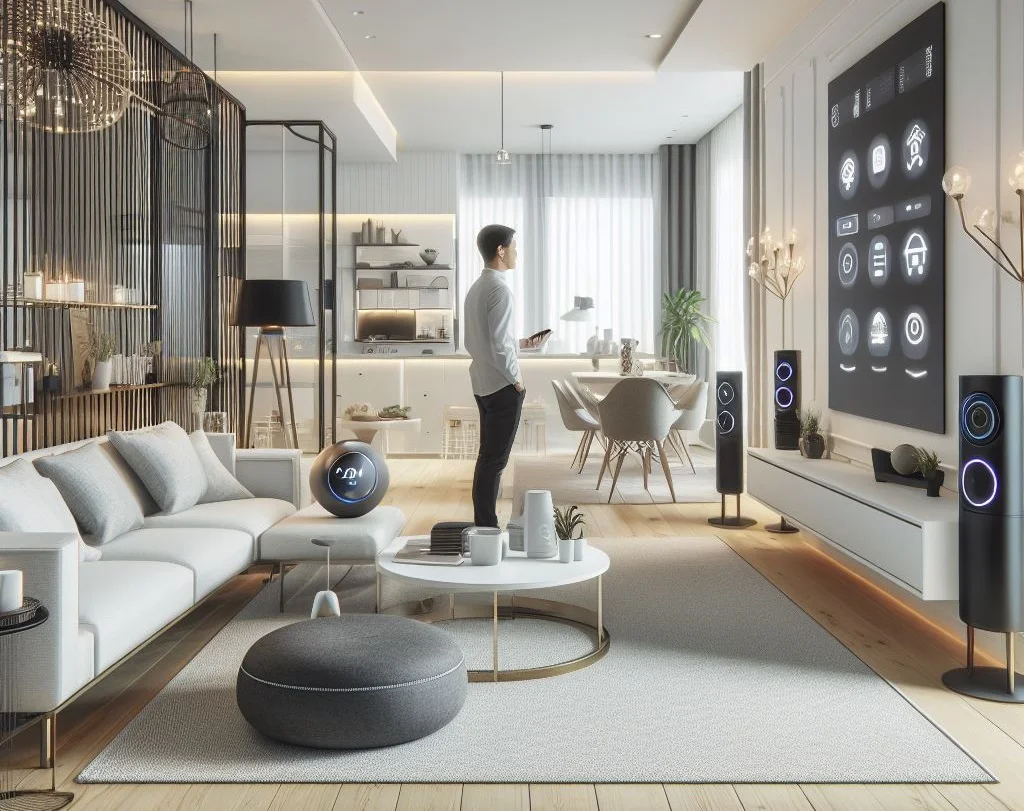Picture this: you stroll into your kitchen and, without lifting a finger, your coffee maker starts brewing your morning joe. The thermostat adjusts to your ideal temperature, and your printer, like magic, restocks its own ink. Welcome to the world of smart home gadgets, a life of ultimate convenience.
But here’s the twist – while these devices make life a breeze, they come with a sneaky side effect, as pointed out by David Choffnes, the computer whiz from Northeastern University. You see, these gadgets, also known as IoT (Internet of Things), chat away over the internet in ways we can’t quite see. They might seem innocent, but they’re sharing some rather personal info.
First off, they’re leaking their location. That’s right, your devices spill the beans on where they are in your home. And guess what? This helps other devices in your house track them down. Not very discreet, is it?
But that’s not all. These devices share other personal tidbits unique to your home. So, even if you’ve gone all out trying to protect your privacy, thinking you’ve got your phone’s tracking and snooping under control, well, think again. Online trackers can piece together your identity by simply peeking into the collection of gadgets in your home. It’s like a digital fingerprint they can use to ID you.
Choffnes and his team did some digging to uncover these privacy and security flaws in IoT land. They looked at 93 smart gadgets and found some eye-popping stuff. These devices play detective on your local network, snooping around to find out who else is hanging out in your house. So, your Amazon smart speaker could end up knowing more about your place than you’d like, even your name.
But it’s not just the devices themselves; the mobile apps that talk to them have issues too. If you’re on Android, these apps can cleverly bypass permission restrictions, like accessing your location or unique identifiers. They just chit chat with other devices on your home network, and voila! They get the info Android was trying to keep from them.
Choffnes and the co aren’t just here to drop upsetting news; they’re pushing for change. Google’s paying attention and is teaming up with them to fix these problems. They believe there’s a way for these devices to play nice without exposing your privacy to nosy neighbors.
Their research isn’t just about spotting problems; they’re suggesting solutions. Standardizing how these devices work is a big one, like the Matter smart home protocol. It’s not perfect yet, but it’s a step in the right direction. Plus, having rules and government oversight can help keep these devices from running amok.
So, next time your coffee maker starts brewing like a mind reader, remember that it’s not just making your day, it might also be whispering some secrets you’d rather keep to itself. It’s up to us, the savvy users, to make sure our smart homes stay safe and sound, giving us the convenience we love without the privacy pitfalls.

Photo: DIW
Read next: HackerOne’s $300 Million Milestone For Ethical Hackers and 2023 Cybersecurity Insights Unveiled
